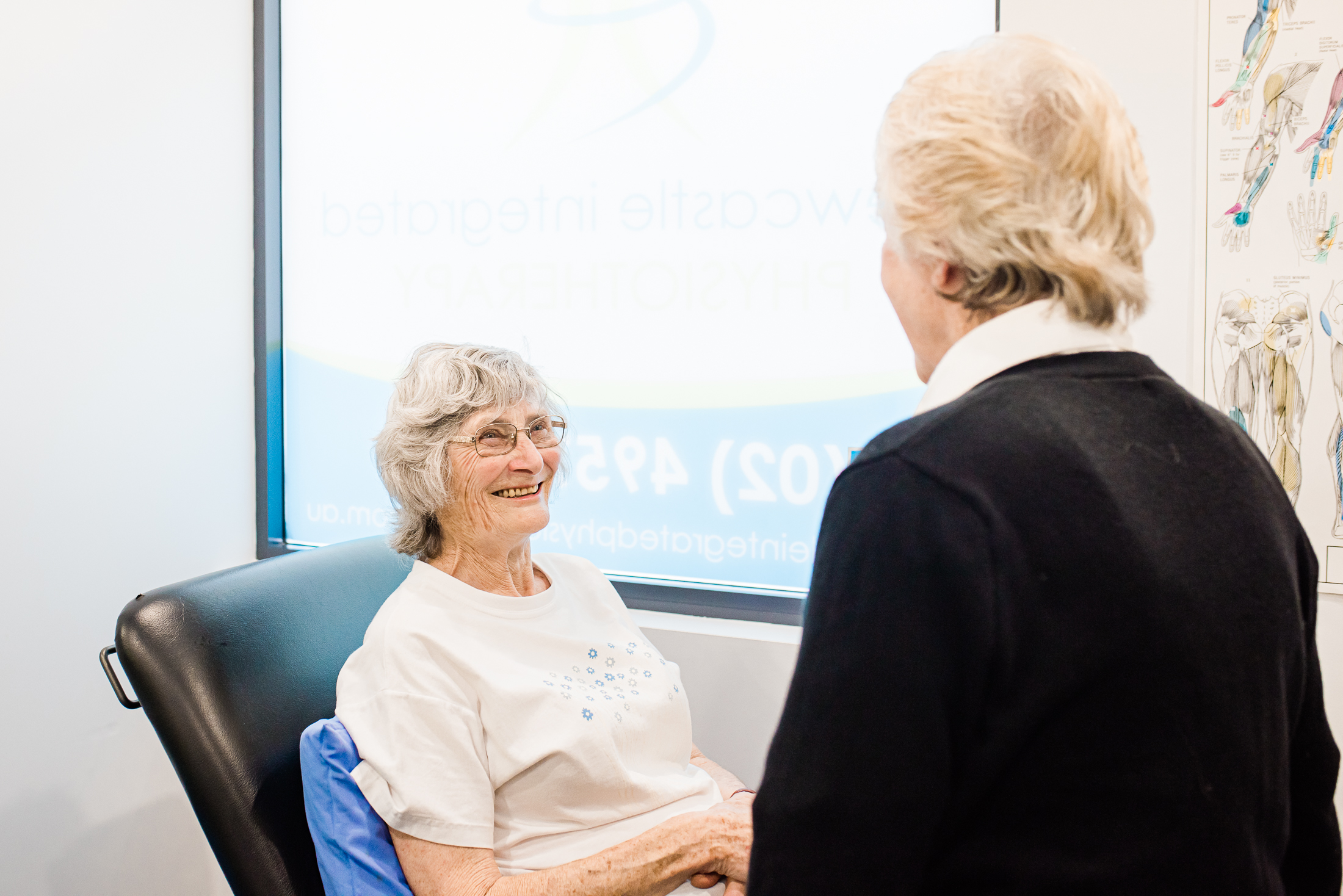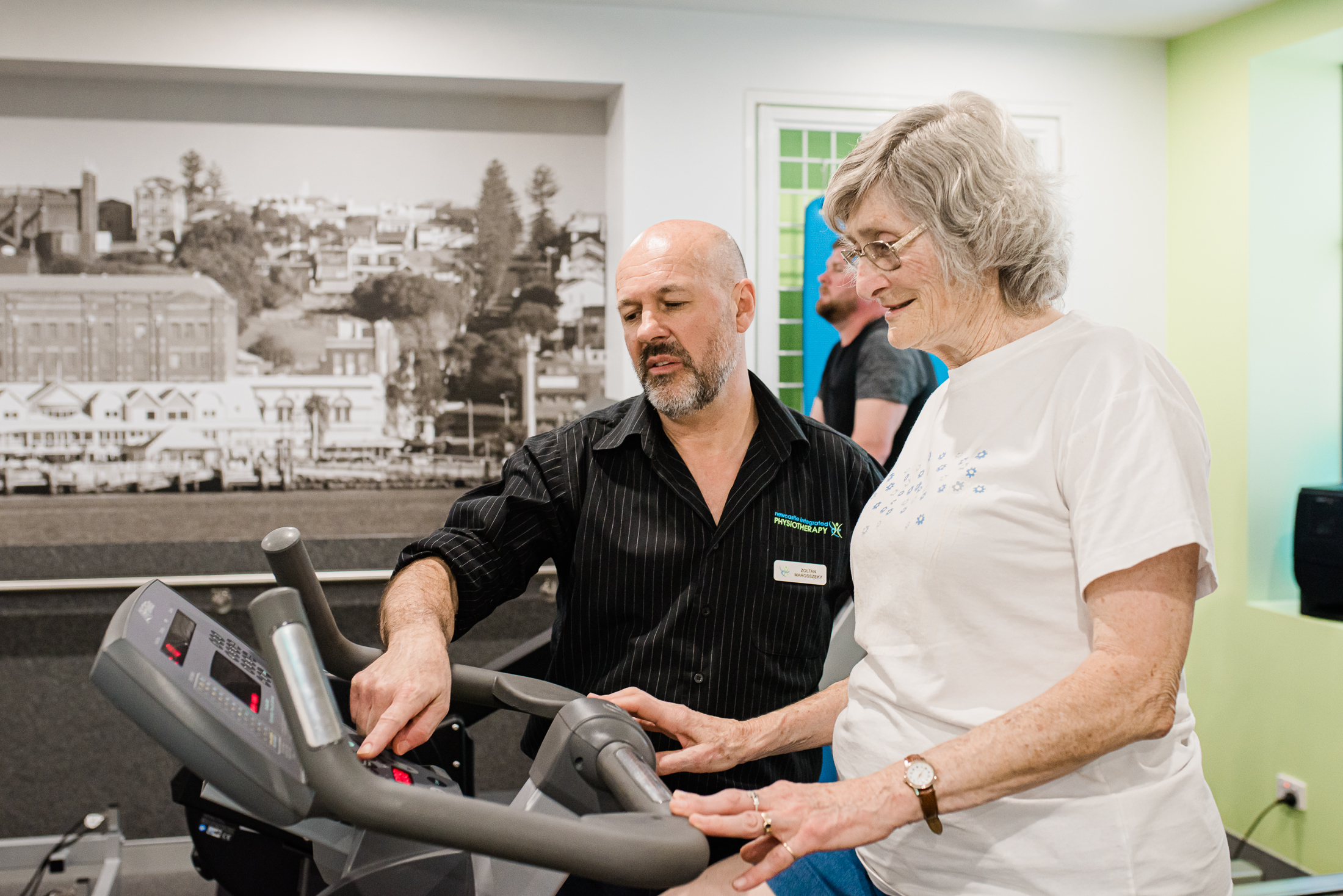Chronic Fatigue Syndrome and Exercise:
What is Chronic Fatigue Syndrome? (CFS)
CFS, also known as myalgic encephalomyelitis, is characterized by at least six months of persistent fatigue that is unrelieved by rest. This type of fatigue is pathological and has been described as, “having heavy weight tied to arms, legs and shoulders.” Other physical symptoms of CFS include; mental fatigue, concentration difficulties, joint pain, myalgia, tender glands, sore throat, headaches, sleep issues, dizziness, anxiety and bowel problems. Unfortunately, the exact cause of CFS remains a mystery and the illness may last for many months or years.
CFS and Exercise:
Currently, there is no cure for CFS. However, exercise is one proven management technique that reduces symptom severity and improves functional outcomes and quality of life. Although exercise would be the last thing on someone’s mind who suffers from CFS’s, we know from the research that it is one of the few therapies proven to help.
CFS and Pacing:
An Accredited Exercise Physiologist can assist with pacing strategies. Pacing is spreading out your activity during the day to limit “booming and busting”, which is periods of activity, followed by long periods of rest and recovery. It is important to note that pacing does not mean doing less, however it provides a stable base to build from. An activity diary is a great place to start when understanding how to better pace your activity during the day.
Exercise Prescription for CFS:
Exercise recommendations for CFS are very different from the general population. Exercise needs to be tailored, individualized and is about management not cure. Graded Exercise Therapy may be implemented, where exercise is prescribed at a very low dose and progressed very gradually. This ensures an exercise threshold can be established, which is an exercise dose that can be reliably completed without “busting”. Usually, there may be a period of trail and error to establish such a baseline before progressions can be made. However, this is one therapy that has been shown to reduce fatigue levels in people with CFS.


